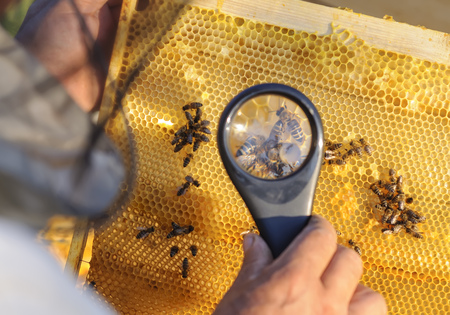Honey Bee Colonies Suffer Massive Loss Over Winter
June 06, 2019
The international honey industry just got more bad news regarding the overall health of honey bee colonies around the world. According to a recent study by the University of Strathclyde, international honey bee colonies were down by 16 percent after the winter.
Worldwide Decline in Honey Bees
The study surveyed more than 25,000 beekeepers throughout the world. From those beekeepers, a total of 544,879 colonies were being managed prior to last winter. During the course of the winter, more than 89,000 colonies were lost. Reasons for the loss were given as weather, unsolvable problems with the queen, and natural disaster.
The nations experiencing the biggest losses were Northern Ireland, Italy, England, and Portugal, all of whom had more than 25 percent loss in colonies. Some of the lowest rates of loss were in Serbia, Belarus, and Israel, all of whom had a loss rate of less than 10 percent.
While the losses were significant, the numbers were better than those reported after the winter of 2017. Last year, overall reported losses were at 20.9 percent. However, the reported losses were still much higher than in previous years, with the most recent being 12 percent after the 2016 winter.
New Trend
One of the positives out of the study came from beekeepers that relocated hives during the foraging season experiencing lower mortality rates. This was something that has not happened in the past. While it is too soon to make the jump all beekeepers should do this in the future, it is worth tracking over the next few years to see if we do, in fact, see a pattern develop.
The study was led by Dr. Alison Gray, who stated, “Loss of honey bee colonies is a highly complex issue. It tends to be influenced less by overall climate than by specific weather patterns or a natural disaster affecting the colony. We observe colonies in winter but what happens to the bees then can be partly determined by the conditions of the previous summer.
"Many are also lost when there are problems with a colony's queen -- for example, if she goes missing or is not laying the fertilized eggs which go on to become worker bees. Most colonies are also under attack from varroa mites, a parasitic mite.
"The impact of beekeepers migrating their colonies would be expected to be partly dependent on the distance traveled and the reasons for migration; this would be worth further investigation."
Source: Science Daily


.jpg)



